Jim Sankovitz had many positive remarks for his freshman year roommate George Lardner Jr., but he put special emphasis on one.
“He was a good man,” Sankovitz said.
Lardner, a 1956 Marquette journalism graduate, passed away Sept. 21. He died at a hospice center in Aldie, Virginia, at 85. He is survived by a sister, two grandchildren and four children: Helen, Edmund, Charles and Richard Lardner.
The Marquette graduate was editor of the Marquette Tribune from 1955-’56 and went on to become a Pulitzer Prize-winning journalist. He earned both his bachelor’s and master’s degrees in journalism at Marquette. He wrote at the Miami Herald, eventually settling at The Washington Post for four decades before retiring in 2004.
Lardner won the 1993 Pulitzer Prize in feature writing “for his unflinching examination of his daughter’s murder by a violent man who had slipped through the criminal justice system,” according to the Pulitzer website.
During a visit to Marquette for the 2014 O’Brien Fellowship Conference, Lardner reflected on the award.
“It was a great honor, but it also gave me the opportunity to talk about what happened to my daughter, Kristin,” Lardner said.
Kristin was killed in 1992 at 21 years old. Six months later, The Washington Post published Lardner’s 9,000-word investigation of the murder, titled “The Stalking of Kristin.” In 1995, Lardner expanded the piece into a book, “The Stalking of Kristin: A Father Investigates the Murder of His Daughter.”
“He never really recovered fully from Kristin’s death,” Sankovitz said. “It changed him dramatically, and it was indeed his investigative skills and drive that led him to write the book.”
At the O’Brien Fellowship Conference, Lardner reflected on his time studying journalism at Marquette.
“It taught me how to go out and just get a story,” Lardner said. “There was one class where they would just tell you to go down to the courthouse.”
Sankovitz laughed as he remembered Lardner bringing a miniscule typewriter to campus. He said the students were surprised, having been used to the behemoth typewriters that were more common in the early 1950s.
“He’d lug that around to make his notes and everyone would laugh,” Sankovitz said. “He could bat out stories on that thing faster than anybody could do on a regular upright (typewriter).”
After rooming together, Sankovitz and Lardner’s relationship bloomed into a lifelong friendship.
Sankovitz worked with Lardner at the Marquette Tribune as the photography editor, graduating with a journalism degree in 1957. He went on to work for Marquette for 33 years as the vice president of government relations.
Sankovitz said Lardner’s personality made it easy to work and get along with him. As a reporter and editor, he said Lardner had skills unlike others.
“He could run down a story and dig deeper and more heavily into its background, which is a skill that he honed at the Miami Herald and then later at The Washington Post,” Sankovitz said.
Jack Sullivan, a 1957 Marquette journalism graduate, said he followed in Lardner’s footsteps to pursue his master’s degree at Marquette.
“He was really one of the most stellar graduates Marquette ever had,” Sullivan said.
Sullivan worked with Lardner on the editorial board of the Marquette Tribune, and he was also the editor of the Marquette Journal. The two both went on to live in Washington D.C., where they kept in touch. Sullivan eventually became Kristin Lardner’s godfather.
“He really did good work here in Washington,” Sullivan said.
The fellow Marquette graduate said Lardner covered some of the greatest stories of the ’60s into the ’70s, including the assassination of President John F. Kennedy and the Watergate scandal.
“George was a great and good friend,” Sullivan said. “My Marquette experience was marvelous, and George was part of that.”
Bill Burleigh, a 1957 Marquette journalism graduate, also worked with Lardner at the Tribune, succeeding him as editor. Burleigh retired as president and CEO of the E.W. Scripps Company in 2000.
“He was serious, he was passionate about his craft and he was an excellent writer,” Burleigh said.
Lardner’s hard work, late nights and coverage of tough stories set the standard at the Tribune, Burleigh said.
“He was fair, prized accuracy and was absolutely dogged in his determination to chase a story,” Burleigh said. “He was very thorough and always wanted to get to the bottom of things.”
Burleigh said a good university newspaper should be covering the administration, and the Tribune under Lardner was no exception.
“We were always fighting the administration, and George never flinched. He called them as he saw them,” Burleigh said. “George was quiet. He didn’t go looking for a fight, but his values were just terrific.”
Burleigh said the values that took Lardner to his success at The Washington Post were always there, even as an undergraduate.
“He was born great,” Burleigh said. “He was born a Pulitzer Prize winner.”

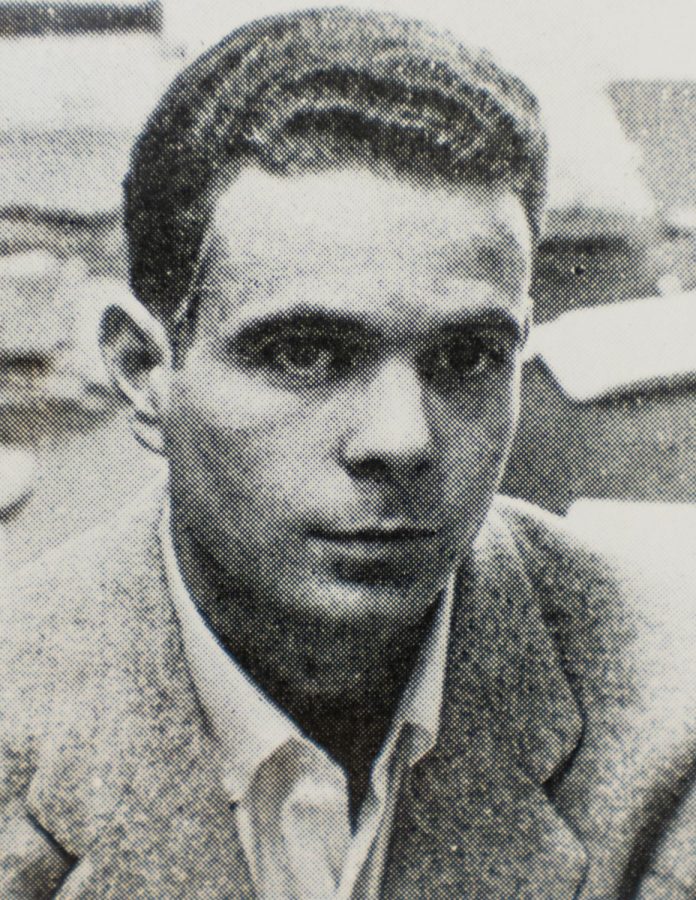
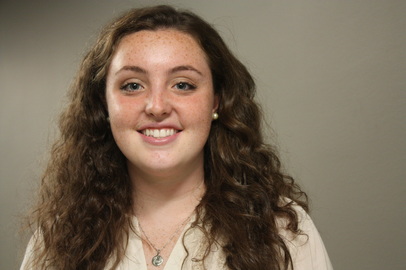
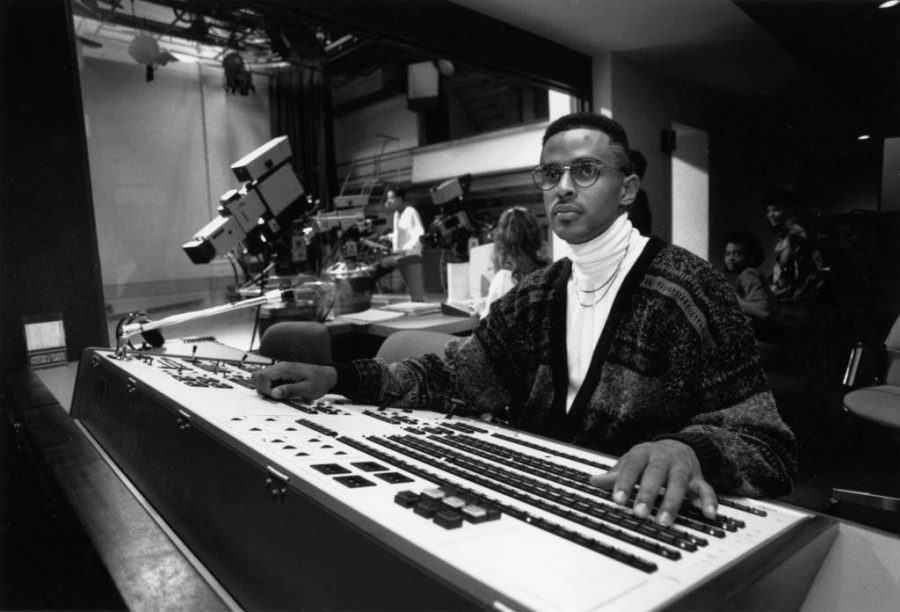
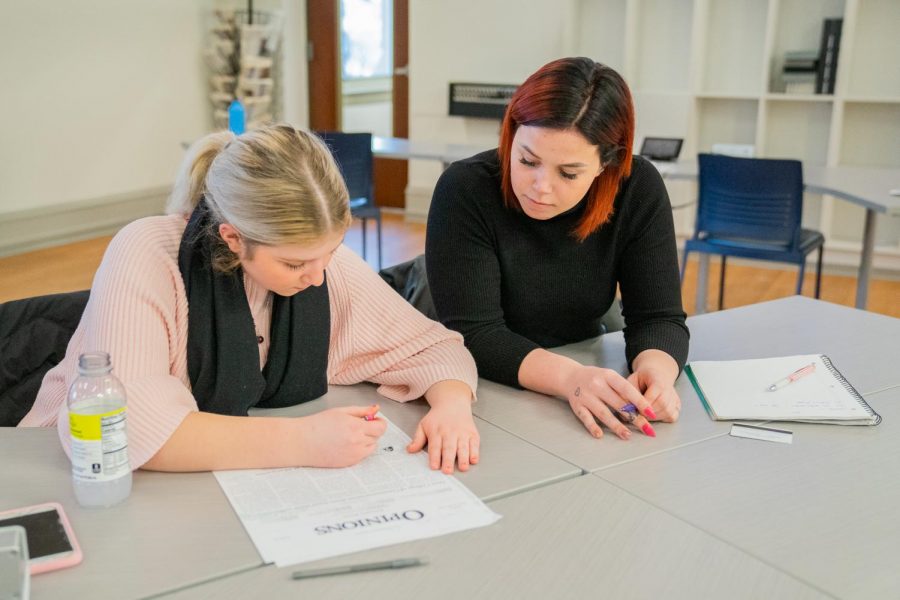
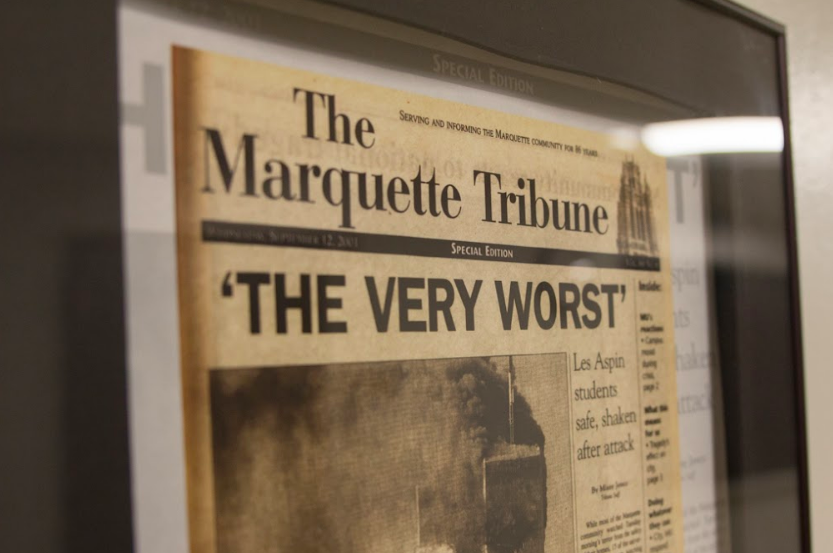
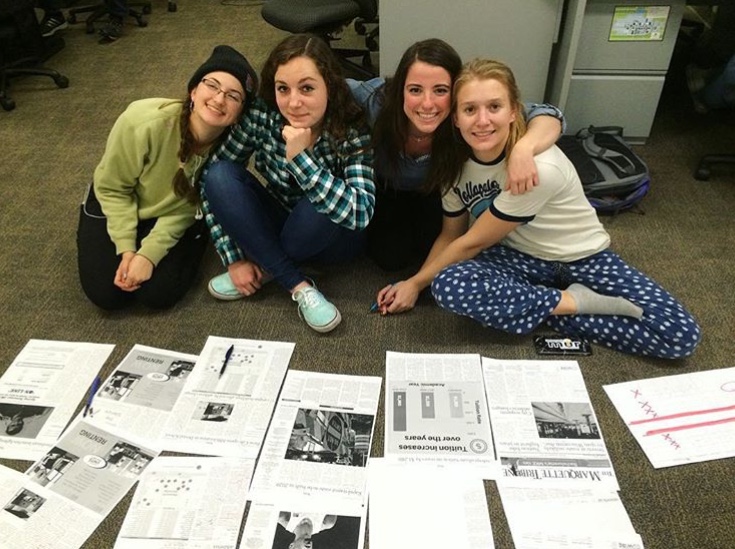
Maria case • Oct 5, 2019 at 8:44 pm
Thank for this lovely piece on my awesome, beloved Uncle George.